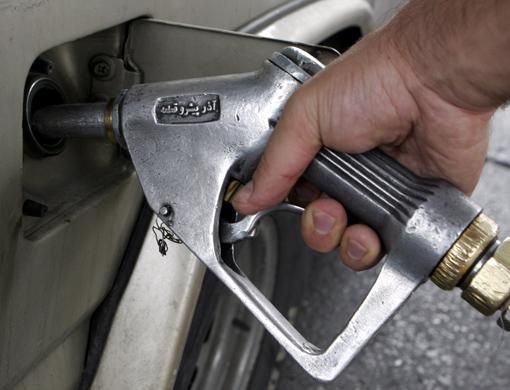Kuwait: Saudi Arabia shipped 10 percent less oil overseas in October than it did a year earlier, signaling demand was falling even before OPEC decided a month later to hold production unchanged with prices plunging.
Oil exports fell to 6.9 million barrels a day in October from 7.7 million barrels a day a year earlier, according to data from the Joint Organisations Data Initiative yesterday. It was the sixth month in a row that Saudi Arabia exported less than 7 million barrels a day, the level it needs to balance its budget.
Global supply glut
Crude slumped 44 percent this year as the Organization of Petroleum Exporting Countries sought to defend market share amid a U.S. shale boom that’s exacerbating a global glut.
Saudi Arabia will stick to its policy to maintain output, the country’s oil minister Ali Al-Naimi said, according to state-run Saudi Press Agency. Saudi Arabia and OPEC can’t lose its market share to other producers at a time when oil prices can’t be controlled, he said.
“Now we can understand the reasons that compelled Saudi Arabia and OPEC to hold onto their market share,” said John Sfakianakis, head of Middle East at Ashmore Group Plc, the London-based money manager specializing in emerging markets. “The problem is that they want to keep their market share while exporting less oil.”
Reducing Supply
Saudi Arabia led OPEC in opposing calls by members including Venezuela to reduce supply.
The 12 member group account for about 40 percent of global production.
“We know that demand is weak and we know that supply is more than what the market needs,” Sfakianakis said by phone from Riyadh, Saudi Arabia’s capital.
“The question now is if the fall in exports is the cause of the Saudi policy to keep its market share or the result of it?”
Saudi crude exports this year are down 420,000 barrels a day, according to researcher Petromatrix GmbH. It expected October exports to be down 500,000 barrels a day from a year earlier, not the 800,000 barrels reported in today’s JODI figures, it said in a note on Thursday.
Discounts
The drop in crude exports explains to some extent why Saudi Arabia is offering discounts on crude, according to Sfakianakis.
Saudi Aramco, the state-run oil company, offered Asian customers the biggest discount on its benchmark crude in at least 14 years for January sales, it said on December 4. It also cut prices for all grades it sells to US refineries.
The cuts have started to boost US imports of Saudi oil, Sfakianakis said. “The Saudis want to do the same thing in Asia by giving more discounts,” he said.
Two evils
Saudi Arabia needs to keep exports at a minimum of 7 million barrels a day for the budget’s base-case scenario, according to Sfakianakis, a former adviser to the Saudi government. “For six months they are not being able to meet the base-case for exports,” he said.
The “two evils” of lower exports and prices won’t stop the government from raising spending as it enjoys reserves of up to $750 billion, Sfakianakis said. Saudi Arabia has a solid economy with large enough financial resources to resist the impact of any “temporary” oil price fluctuation, Naimi said, according to SPA.













